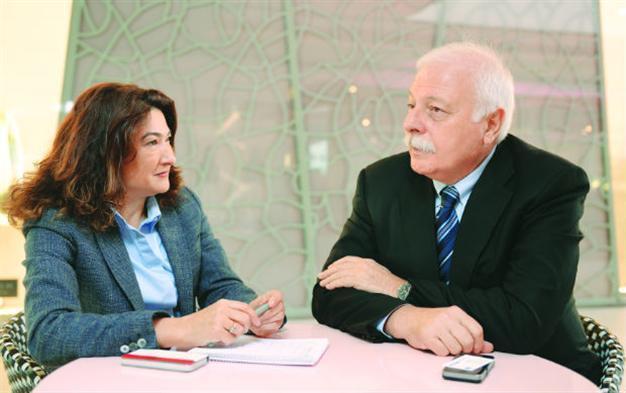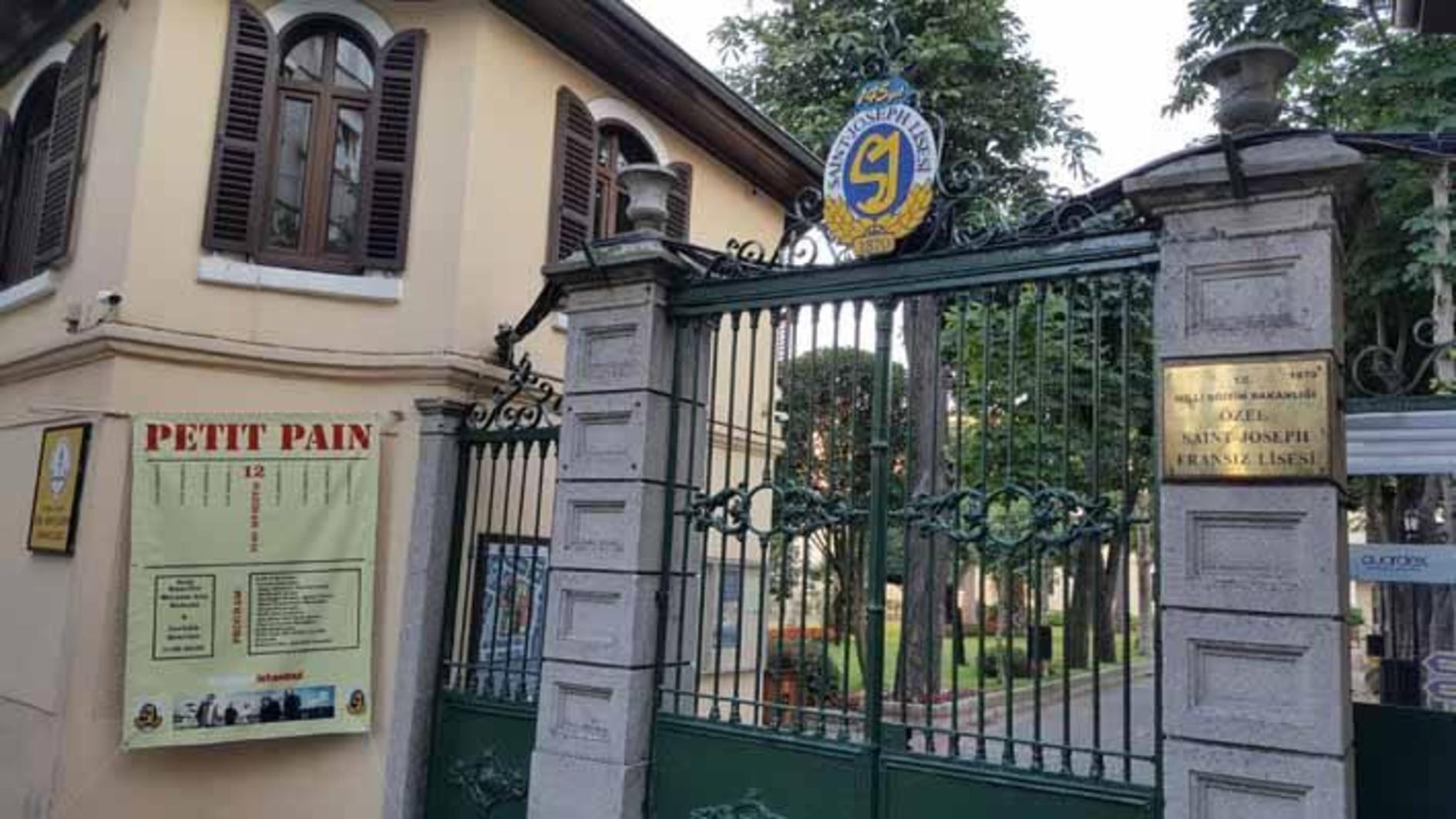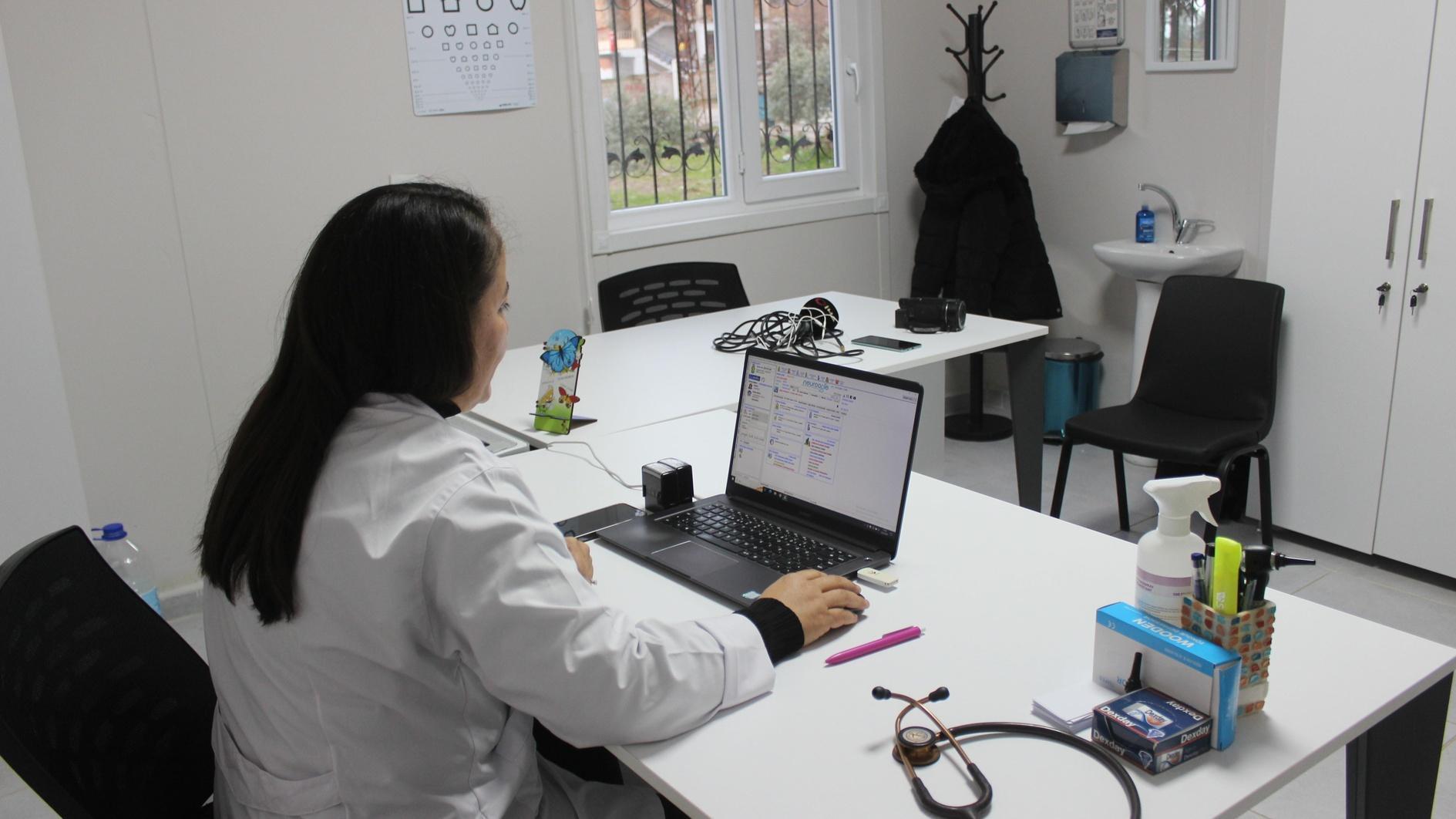Russian row may provide chance to restructure tourism sector
Barçın Yinanç - barcin.yinanc@hdn.com.tr
 There will be a dramatic fall in the number of Russian tourists coming to Turkey after Moscow instructed its citizens not to go to Turkey after Turkish jets drowned a Russian warplane on Nov. 24. While it will be difficult to compensate for the losses in the short term, the development could serve as an opportunity to restructure Turkey’s tourism sector, which is still based on a conventional design, according to a former tourism minister.
There will be a dramatic fall in the number of Russian tourists coming to Turkey after Moscow instructed its citizens not to go to Turkey after Turkish jets drowned a Russian warplane on Nov. 24. While it will be difficult to compensate for the losses in the short term, the development could serve as an opportunity to restructure Turkey’s tourism sector, which is still based on a conventional design, according to a former tourism minister. The sector should shift to online sales, while Turkish Airlines should introduce flights between targeted markets and touristic airports in Turkey like Antalya, Dalaman and Bodrum, said Bahattin Yücel.
Can you first tell us, what was the share of Russians in the Turkish tourism sector?
Turkish-Russian tourism cooperation reached a level that could not have been imagined during the Cold War period. When I visited Russia in 1996 as a tourism minister, we were talking about not fully filling the potential. In the course of the past 20 years, the developments in the tourism sector have been really remarkable. One of the reasons for that is that the mental borders between the two countries were lifted; in addition, Turkey lifted visa requirements. The majority of Russian tourists come from the regions west of Moscow. A flight between that region and Antalya is approximately two-and-a-half hours, and that is a huge advantage that no one can compete with us on.
In 2014, with 5.4 million tourists, Russia passed the Germans and became number one for the very first time.
There are three to four Turkish companies that dominate 75 percent of the tourism sector in Russia; they don’t operate only for Turkey but sales for other destinations are under their control as well.
In 2014, of the 12 million holiday packages that was sold, nearly 50 percent was to Turkey; half of the other destinations were also sold by these Turkish operators; that shows the picture.
In 2015, however, due to Russia’s economic difficulties, Turkey’s losses have reached 27 percent.
Russians have been focusing on domestic tourism, but if left free, 99 percent of Russians would prefer Turkey. It is a very disciplined society; they implement the decisions that are taken [by the state].
Has the sector predicted the probability of a crisis?
The sector did predict the economic crisis and the government did provide support of approximately 500 million dollars to these three tour operators. While the number of Russian tourists decreased by 27 percent, I believe the income loss is around 40 percent. But the political crisis was not predicted.
Do you think it is natural for the sector to fail to see a political crisis coming?
Personally, I thought that the Syrian issue would pit Turkey and Russia at loggerheads. But the sector did not foresee it. And obviously no one thought there would be such an escalation after the downing of the Russian jet.
The two countries had disagreements on political issues before, but they never let this affect their bilateral relations. What was different this time, in your view?
It was obvious that Russia would not let Syria go. The [Turkish] government did not see that and took a more aggressive stance, and these are the consequences. Still, Russia’s reaction is disproportionate and exaggerated. But let’s also not forget that 224 people died when the plane carrying Russian tourists bound to Egypt was downed by the Islamic State in Iraq and the Levant (ISIL). The perception in Russia is that Turkey [recently] downed the Russian plane to help ISIL. The Russian public sees Turkey and ISIL as the same. At this stage, Russia thought, “If I am a big state, I need to give them a lesson.”
You said the Russian public is very disciplined in implementing a decision taken by the state. Did you experience this right after the crisis?
Immediately. We saw a disciplined reaction and observed a dramatic fall. The planes are coming empty and going back full as if evacuating those that are already here. The Sharm el-Sheikh incident has also been influential.
What is your projection for the short and medium term?
We will see the bottom this year. There will be a serious fall. This year we lost more than a million [tourists], and it will be highly difficult to get even half of what we received this year; so less than 2 million.
But if the Russians are to continue to go abroad, this is not a market that will disappear. I don’t think this [crisis] will continue that long. There is the nuclear power plant [that Russia is to construct]; no one talks about it, for instance. I think the tension will continue for a while and then the easiest exit from the crisis will prove to be the tourism sector. But if you ask me how long it will take, I can say at least a couple of seasons.
It will not be easy to heal the wounds until 2020.
In the meantime, we need to go for a structuring that will compensate for the losses from the Russian market.
What can be done?
First of all, it is wrong to say, as some officials have, that there are 8 billion people in the world and that if Russians won’t come, others will. Of course others will come, and we will make an effort for that, but it is not that easy to reach other markets and establish a similar structure quickly. It will not be easy to fill in the gap that quickly. Germans who know the situation, for instance, will ask for lower prices.
There are important decisions that those who shape tourism policies need to take. The world is going toward a trend that very effectively combines information technology with tourism as far as branding and boosting confidence of the consumer is concerned. Plane tickets are now sold online. Classic methods are over. Instead of going to a travel agent, you buy your ticket from your telephone. This is followed by reservations for hotel chains and cruises. Tourists are becoming more familiar with the concept of dynamic packaging [package holiday bookings to enable consumers to build their own package of flights, accommodation and the like instead of purchasing a pre-defined package]. Turkey can fill in the gap with this concept.
What needs to be done?
Turkey has a very important asset: Turkish Airlines (THY).
We mainly have tree tourism-oriented airports: Antalya, Dalaman and Bodrum. Turkish Airlines should introduce flights between these airports and our target markets all through the year. Then I assure you tourists will flock here with online reservation systems. There are at least 40 daily flights to Germany from Istanbul. There could be flights to and from Antalya, too. Some 40,000 Russians live in Antalya; 3,000 German families live in Alanya.
Some 66 percent of Turkish airlines passengers are transit. In 2014, the average one-way price to Antalya was 274 liras, whereas the return ticket to Sharm el-Sheikh was 505 liras. The distance of Istanbul to Sharm el-Sheikh is 2.7 times longer than to Antalya. This means there is a 65 to 70 percent discount. Today, there is one daily flight to Dalaman, three to Bodrum; they’re all too expensive. THY says, ‘I am a commercial company, I need to make profits; I cannot lower prices to these airports.’ But THY should act as a national carrier. Why can’t THY fly to Manchester? It could be the same with Russia. Charter flights are easy to stop but you cannot do the same easily with national careers.
How do you evaluate the Tourism Ministry’s crisis-management skills?
I can’t say it is efficient. What the ministry is currently planning to do is to continue subsidizing the [chartered] flights. But Russia is telling tour operators not to sell Turkey anymore. But the state cannot do the same to individuals. Some 37 percent in Russia make reservations through the internet. We won’t manage to maintain the same number of tourists, but at least this will provide hope for the future. We need to concentrate on online shopping and get on with a new restructuring [process]. Our sector is designed on conventional structures. There are huge hotels in Antalya, and tour operators makes the reservations; these hotels are trying to make sure they stay around. It’s for sure that we will get a bad fight; but at least let’s know that and get our measures in place.
Who is Bahattin Yücel?

Bahattin Yücel was born in 1949 in Kayseri. After finishing high school in Kayseri, he graduated in 1975 from the history department of Istanbul University.
He was the founding member of Esin Tourism, where he was also director from 1975 to 1982. Between 1979 and 1983, he worked as the secretary-general of the Association of Turkish Travel Agencies (TÜRSAB).
In 1982 he founded Ekin tourism. Between 1983 and 1987, as well as between 1989 and 1991, he served as the president of TÜRSAB.
In 1991, Yücel was elected to parliament for Istanbul. Between 1991 and 1995, he served in several parliamentary commissions, including a tourism commission, a transportation commission and a commission to investigate unsolved murders. After being re-elected to the parliament, he became the tourism minister of the 54th government in 1996. He served as a minister for one year.
In 2009, he founded the Association of Tourism Studies (TURAD). He has also served as academic member of Okan University since 2007.
















